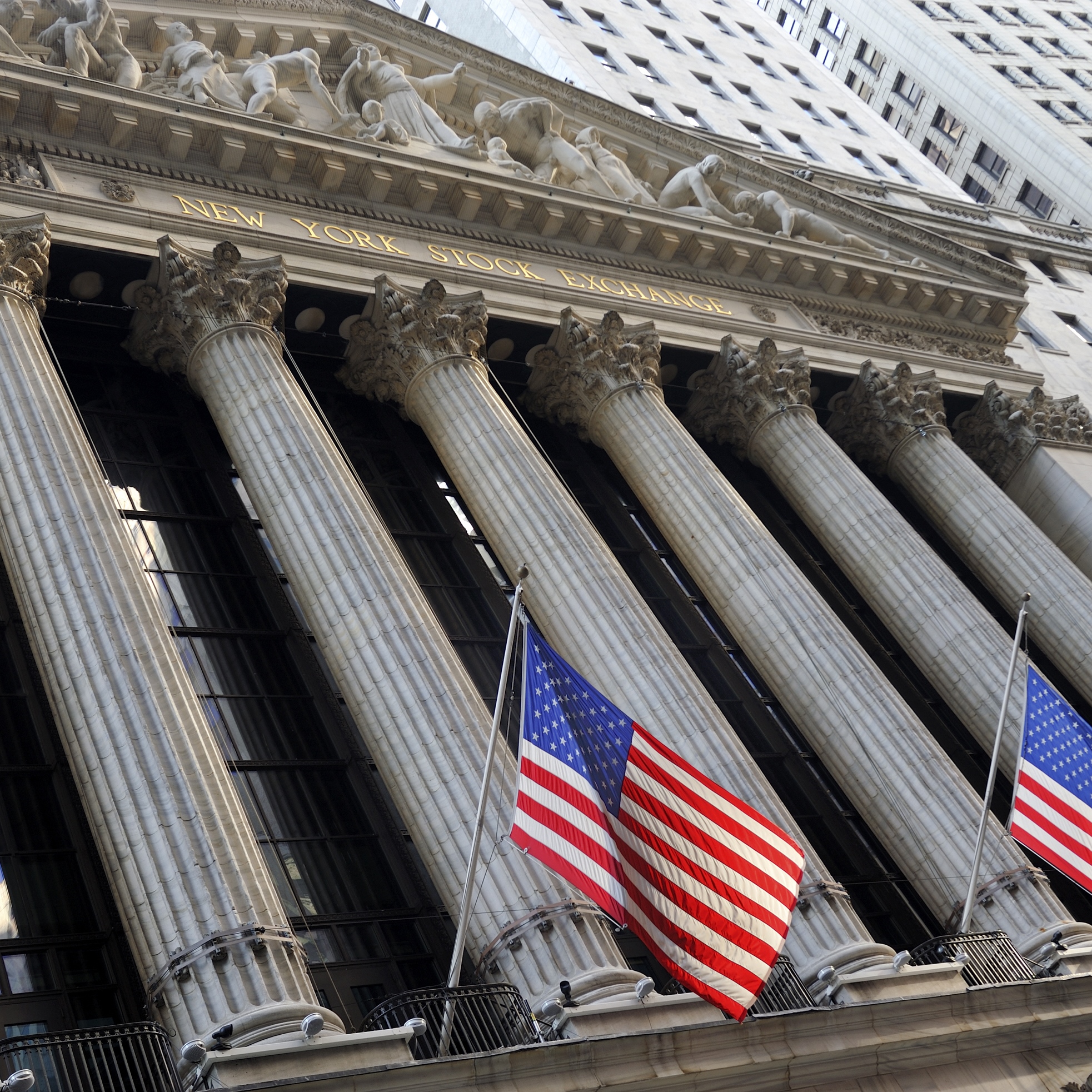Banking, finance, and taxes
London, Deutsche Börse Agree to Merge

Published:
Last Updated:

The two largest stock exchange operators in Europe have agreed to combine in a merger that would create an exchange operator with a market cap of around £21 billion (about $29.6 billion). The London Stock Exchange (LSE) and Germany’s Deutsche Börse announced the combination Wednesday morning.
But rather than end speculation of takeover of the LSE by U.S.-based Intercontinental Exchange Inc. (NYSE: ICE), the announcement has only fueled speculation of a higher offer from the ICE.
According to the Financial Times, LSE shareholders would get 0.4421 shares in the combined group for every LSE share they own, while Deutsche Börse shareholders will receive one share. LSE shareholders would thus own 45.6% of the combined group, while Deutsche Börse shareholders would own 54.4%. LSE shareholders will be paid two dividends worth a total 37.2 pence, while Deutsche Börse investors will receive a payout of €2.25 per share.
The Wall Street Journal noted that the premium being offered for LSE is only 15% above its value before word of the deal leaked out in February. If the ICE does come in with a counter offer, the premium for LSE shareholders is very likely to be higher than that.
Regulators, of course, may have the final say, even if the ICE does come in with an offer. British and German regulators will be guided by their respective country’s political interests, making the proposed tie-up anything but a slam-dunk. And EU regulators are going to be examining the monopoly aspects of the deal.
Shares of LSE traded down about 0.6% Wednesday morning in London and shares of Deutsche Börse traded up about 1% in Germany. The ICE traded down about 0.9% at $234.51 in New York, in a 52-week range of $220.28 to $268.89.
The average American spends $17,274 on debit cards a year, and it’s a HUGE mistake. First, debit cards don’t have the same fraud protections as credit cards. Once your money is gone, it’s gone. But more importantly you can actually get something back from this spending every time you swipe.
Issuers are handing out wild bonuses right now. With some you can earn up to 5% back on every purchase. That’s like getting a 5% discount on everything you buy!
Our top pick is kind of hard to imagine. Not only does it pay up to 5% back, it also includes a $200 cash back reward in the first six months, a 0% intro APR, and…. $0 annual fee. It’s quite literally free money for any one that uses a card regularly. Click here to learn more!
Flywheel Publishing has partnered with CardRatings to provide coverage of credit card products. Flywheel Publishing and CardRatings may receive a commission from card issuers.
Thank you for reading! Have some feedback for us?
Contact the 24/7 Wall St. editorial team.